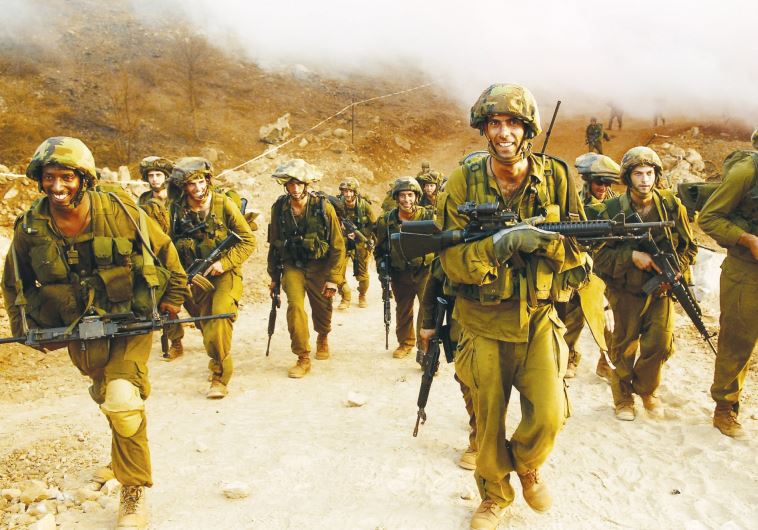Analysis: IDF using relative calm to prepare for future threats
Enemies growing in power but remain deterred • Stability cannot be counted on.
 IDF soldiers walk together after leaving Lebanon near the Israel-Lebanon border in August 2006(photo credit: IDF SPOKESMAN’S UNIT)
IDF soldiers walk together after leaving Lebanon near the Israel-Lebanon border in August 2006(photo credit: IDF SPOKESMAN’S UNIT)